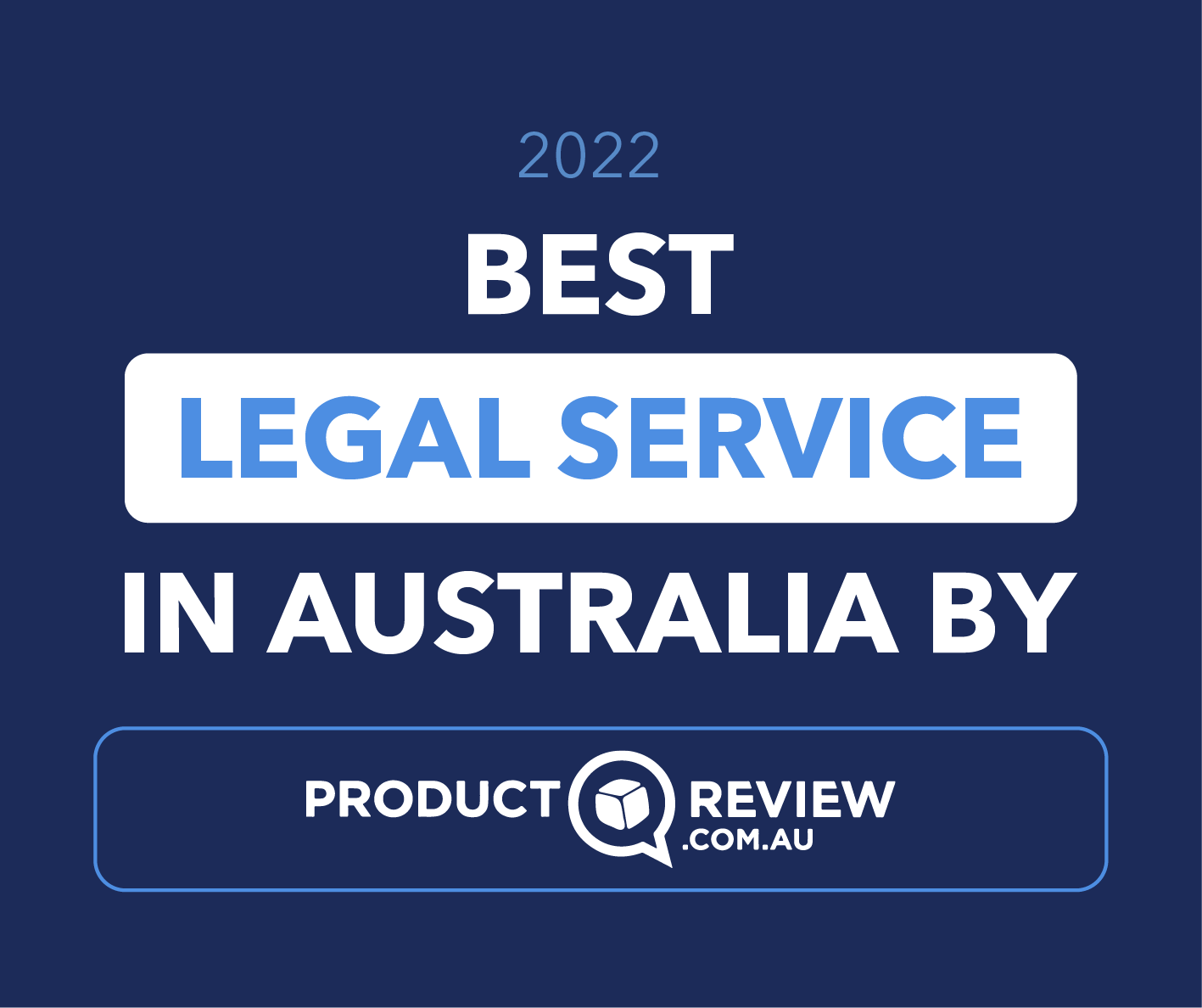Call our lawyers
now
or,
have our lawyers
call you
Legislating Renewable Energy Targets
Updated on Aug 20, 2018 • 4 min read • 188 views • Copy Link
Legislating Renewable Energy Targets
The federal government’s attempt to put in place legislated targets for the reduction of carbon emissions over the next decade in the form of the National Energy Guarantee (NEG) has been abandoned as questions about Malcolm Turnbull’s leadership take centre stage. The questions of how best the country can agree on, legislate and achieve targets for the transition to renewable energy over the next generation remain live, with some voices calling for state and territory governments to take leadership on this issue.
The National Energy Guarantee
The National Energy Guarantee (NEG) was a plan that sought to impose a national target for the reduction of carbon emissions that was to cover all jurisdictions except Western Australia and the Northern Territory. The NEG aimed to reduce emissions while preparing the grid for a changing energy network with more solar, wind and other renewable energy sources over the next ten years. It also aimed to address concerns about rising electricity prices and frequent blackouts.
Under the NEG, there would have been a target reduction of carbon emission of 26% within the next 10 years, with a review in 2015. Under the Renewable Energy Target (RET) the federal government must ensure 20% of Australian energy comes from renewable sources by 2020. The additional target imposed by the NEG received criticism for not being ambitious enough, with Labour and the Greens advocating higher targets and environmental groups criticsing the plan’s continued reliance on coal power as the basis for the east coast’s energy network. Under the NEG, the emissions targets were to be legislated, however critics of the proposal suggested the targets should be included in Regulations rather than in legislation, as this would be easier for future governments to amend.
The Prime Minister removed the climate change targets from the NEG when it became apparent that the controversy surrounding the Neg was likely to place his leadership at risk. This change means the policy is now limited to capping electricity prices for customers and increasing financial penalties for the top three energy suppliers (AGL, Energy Australia and Origin). After this morning’s leadership spill and the abandonment of the climate change targets, calls are emerging for the states and territories to take control of energy emissions targets as Victoria and the ACT have already done by imposing legislated targets and schemes for achieving them.
Victorian renewable energy targets
In 2016, the Victorian government committed to having 25% of Victoria’s energy production from renewable energy by 2020 and a target of 40% to be reached by 2025. These targets are legislated in the Renewable Energy (Jobs and Investment) Act 2017, an act which was passed to passed to establish targets and support schemes to help achieve them and encourage investment and employment in the renewable energy sector. Under the Act, the Minister reports annually to parliament on the progress made towards achieving the targets and the performance of schemes to achieve targets and investment and employment in renewable energy generation in Victoria (Section 8). The Minister must determine the minimum amount of renewable energy generation required to meet the targets (Section 9).
ACT renewable energy targets
In 2016, the ACT committed to being 100% powered by renewable energy by 2020. The government had previously announced a commitment to 100% renewable energy by 2025 but the Environment Minister subsequently brought that target forward by five years. These targets are legislated in the Electricity Feed-In (Large-Scale Renewable Energy Generation) Act.
In 2013, the ACT Labour government decided to fund three solar farms, and has since signed contracts with four companies to bring renewable energy produced in other jurisdictions to power the ACT. The ACT pioneered a ‘reverse auction’ process whereby companies compete for government contracts to provide renewable energy for the lowest cost to ensure the public gets the best value for its money. Companies tendering for government energy contracts must undertake to invest in the ACT.
If the ACT meets its 2020 target, this will place it at the forefront of renewable energy target rankings.
If you need to speak to a lawyer please contact Go To Court Lawyers.

Affordable Lawyers
Our Go To Court Lawyers will assist you in all areas of law. We specialise in providing legal advice urgently – at the time when you need it most. If you need a lawyer right now, today, we can help you – no matter where you are in Australia.How It Works











1. You speak directly to a lawyer
When you call the Go To Court Legal Hotline, you will be connected directly to a lawyer, every time.


2. Get your legal situation assessed
We determine the best way forward in your legal matter, free of charge. If you want to go ahead and book a face-to-face appointment, we will connect you with a specialist in your local area.


3. We arrange everything as needed
If you want to go ahead and book a fact-to-face appointment, we will connect you with a specialist in your local area no matter where you are and even at very short notice.












